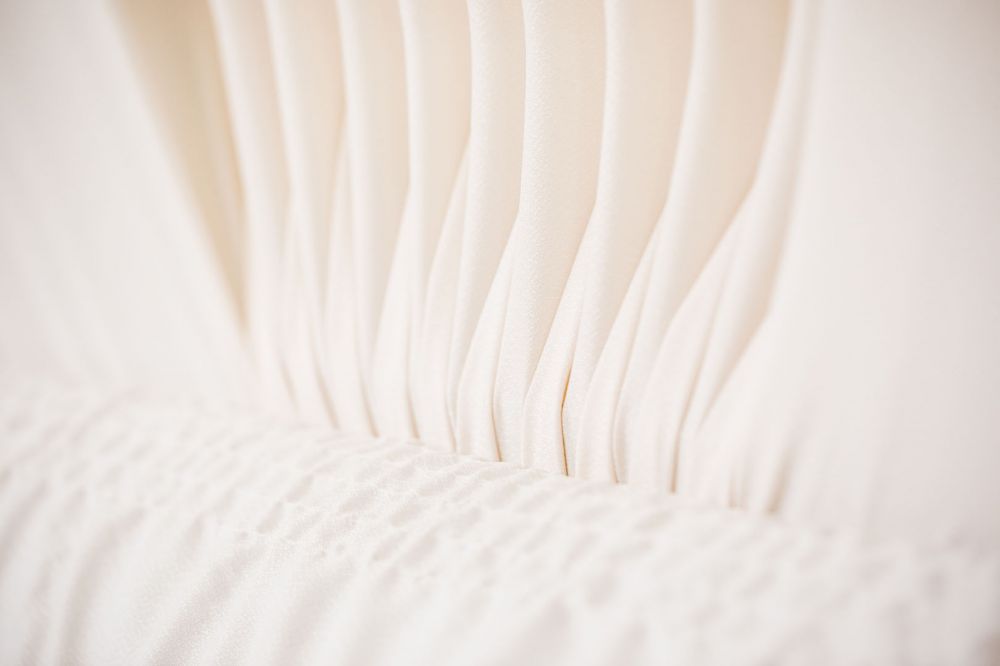With Cardboard Caskets, You Can Be Eco-Friendly Even After You Die
We don’t usually think about it in this way, but death is actually a serious environmental issue. There are 1.9 deaths on earth every second, totaling nearly 60 million deaths each year.
All those dead bodies are handled in varying ways depending on each culture’s funeral rites, but most of the time, it involves a lot of wood. In India, for example, bodies are burned on a funeral pyre that requires over 400 pounds of kindling.
And in the United States and Europe, most people place their dead in wood coffins before burying them or cremating them.
In addition, the sacred aspect of funeral rites often pushes families to invest in beautiful wooden coffins to honor their loved ones. “It takes an 80-year-old oak tree to make five coffins!” explained Martine Saussol, creator of the Eco-cerc cardboard coffin, a few years ago in French paper Le Monde.

With massive deforestation taking place in the Amazon and in Indonesia, our resources for wood are becoming more and more scarce. So it makes sense that cardboard caskets are becoming popular. Hey, even after you’re dead, your choices still have an impact on the environment.
Changing mentalities
While, a few years ago, ending up in a cardboard casket might have sounded like a pretty awful burial, minds are starting to change as people become more aware of environmental issues. According to Brigitte Sabatier, who founded AB Cremation in 2008:
“Funeral rites are evolving. Before, we wanted something shiny and beautiful and chic. Today, families are proud to make an eco-friendly choice […] It’s a philosophy to live by. You don’t want to cut down a tree just to watch it burn.”
Being buried or cremated in accord with your beliefs could certainly become the new way of doing things. Why work so hard to make eco-friendly choices on a daily basis only to contribute to deforestation once you’ve passed away?
And while the term “cardboard” might sound alarming at first, there are specific laws on how the caskets can be produced. They’re made of recycled paper, they are air-tight, can be hermetically re-sealed and can carry weight up to 550 lbs.
They are also five times lighter than wood coffins, which typically weigh about 100 lbs.It’s truly an environmentally friendly choice, because a cardboard coffin biodegrades in only one year, while a wood one takes 10 to 15 years.
According to French site Obsèques Ooreka, if cardboard caskets become the norm, it would save 12,162 square miles of forest, 12 million trees, almost 2 billion gallons of water, and 83 million gallons of gas.
The only downside is that if cardboard caskets are burned, they pollute more than wood, because they require more fuel.